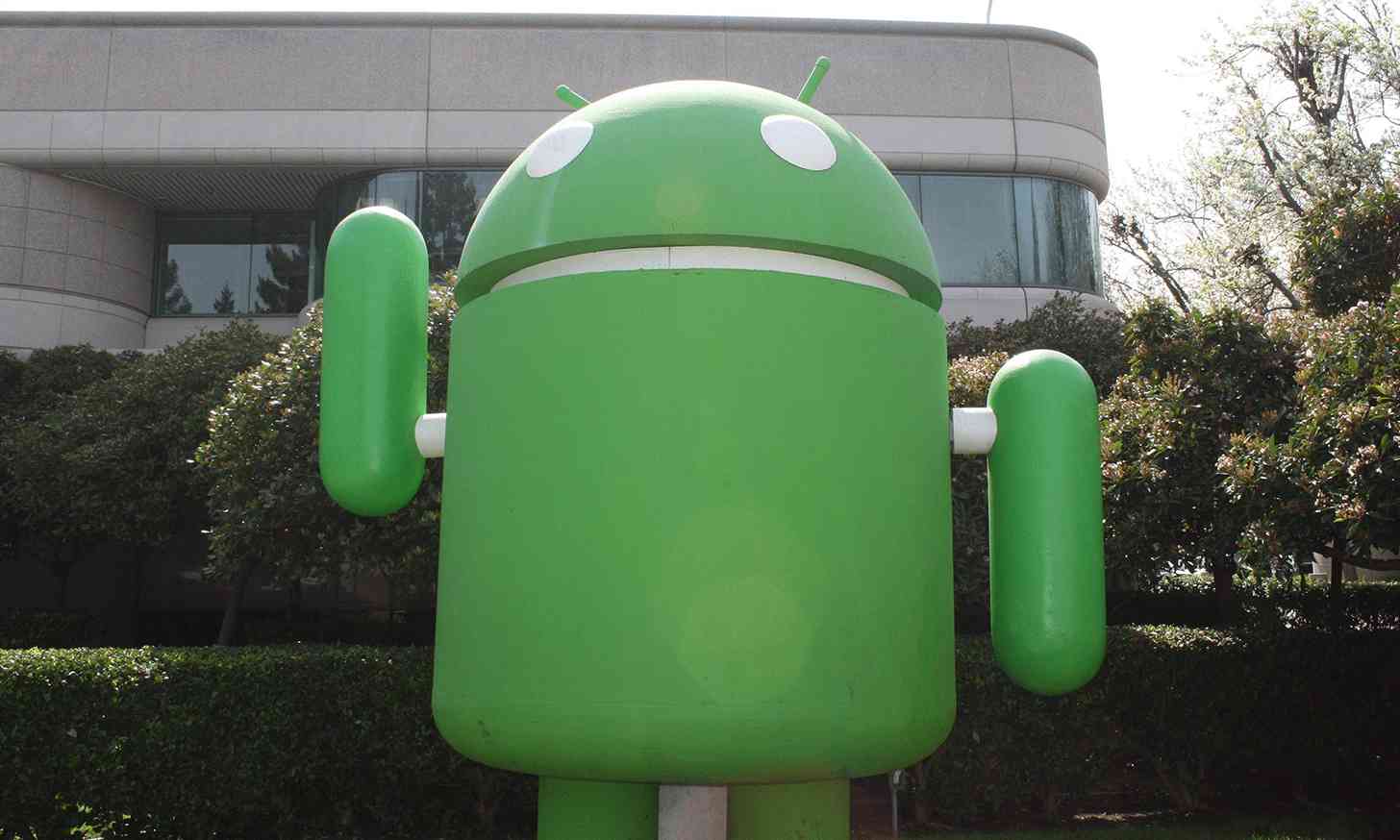
Today the European Union officially announced that it’s filed a Statement of Objections to Google, accusing the company of antitrust practices related to Android.
The EU claims that Google has “abused its dominant position by imposing restrictions on Android device manufacturers and mobile network operators.” In its complaint, the EU says that Google as violated antitrust rules in three ways, including requiring device makers to pre-install Google Search and Chrome and to making them set Google Search as the default search engine on Android devices in order to get access to certain apps, like the Play Store.
Another complaint that the EU has is that it feels that Google is preventing manufacturers from selling devices that run on a different OS that’s based on Android, like a forked version of Android. Finally, the EU suggests that Google has given “financial incentives” to device makers and network operators in exchange for preinstalling Google Search and no other search providers on their devices.
Here’s what EU Commissioner Margarethe Vestager had to say about today’s complaint:
"A competitive mobile internet sector is increasingly important for consumers and businesses in Europe. Based on our investigation thus far, we believe that Google's behaviour denies consumers a wider choice of mobile apps and services and stands in the way of innovation by other players, in breach of EU antitrust rules. These rules apply to all companies active in Europe. Google now has the opportunity to reply to the Commission's concerns."
Google has responded with an official blog post, arguing that partner agreements that get manufacturers apps like the Play Store are totally voluntary. Google also says that any manufacturer can load other apps after installing Google’s apps on a device, and users are also free to download apps on their own.
In its defense of itself, Google points to Amazon, who has made a custom version of Android known as Fire OS, as a way to show that you can use Android without Google. Google goes on to argue that it’s expensive to develop and maintain Android, and the revenue generated by its Google services on Android phones help to offset those costs.
Android is the most widely-used mobile OS in the world, and while there are some devices that don’t include Google apps, many others do. After all, a lot of folks are going to want apps like Gmail and the Play Store with its huge selection of apps. Thanks to those apps, Google is surely making some good money off of its agreements with manufacturers and search revenue from mobile devices. While it remains to be seen exactly how this situation will play out, if the EU forces Google to make a change to the way it deals with device makers, it could be a big deal for Google.